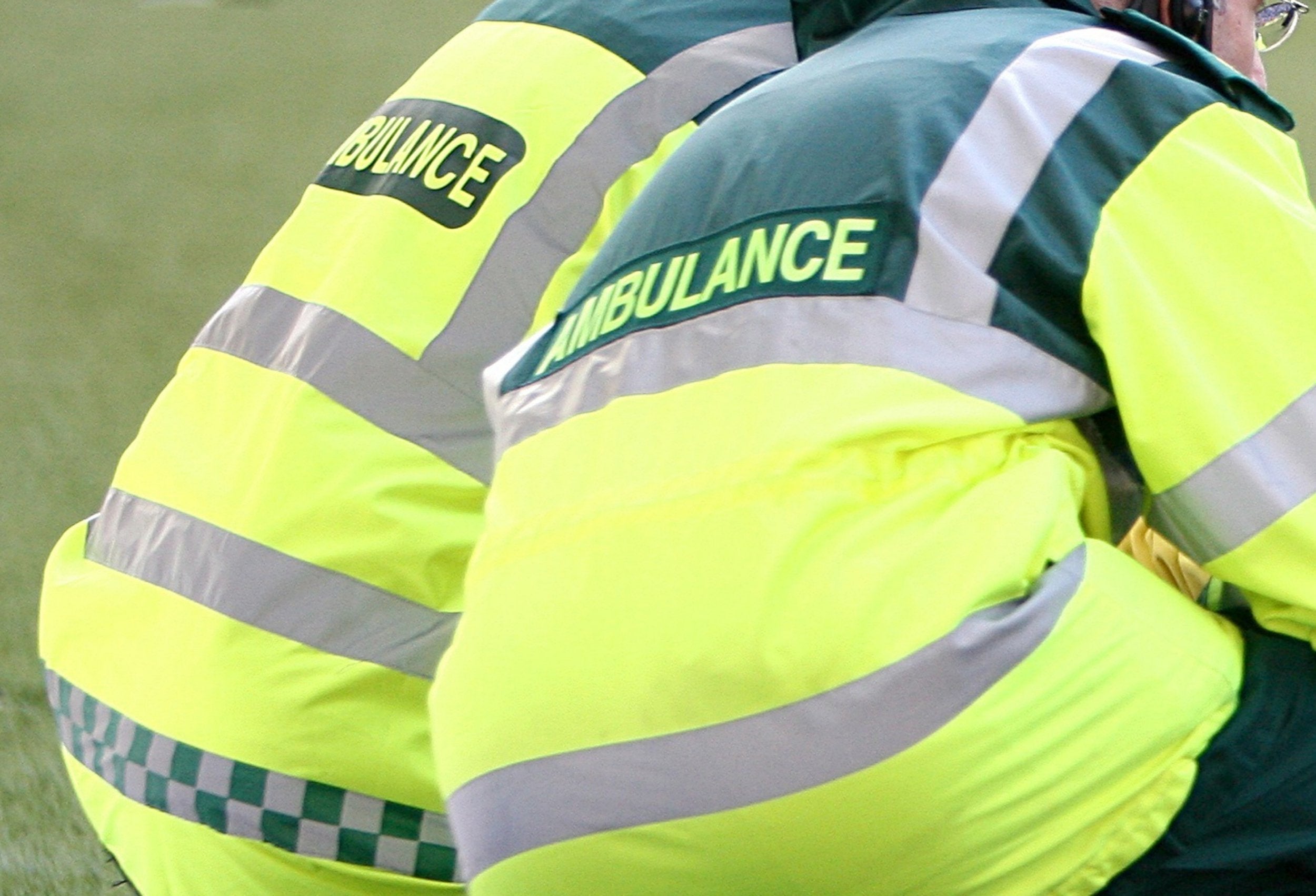Paramedics to get body cameras following spate of violence against ambulance workers, says Jeremy Hunt
More than 350 prosecutions have been brought for attacks on ambulance staff over the last year

Paramedics are to wear body cameras in a bid to increase prosecutions following a spate of violence against ambulance workers, Jeremy Hunt has announced.
The health secretary said 465 ambulances and their staff would be issued with the equipment under a pilot scheme.
NHS workers will also be given speedier access to mental health services and physiotherapy as part of a new support package.
Mr Hunt admitted staff are under “huge pressure” and have “never worked harder” as he revealed the measures ahead of the 70th anniversary of the health service.
Over the last year, 354 prosecutions have been brought in cases involving attacks on ambulance staff but it is believed the scale of the problem is far greater.
Two teenage girls were arrested earlier this week after ambulance crews were pelted with a “barrage” of bricks, glass and furniture as they attended what turned out to be a hoax call.
If successful, the bodycam pilot may be extended to all paramedics and some other parts of the health service.
Mr Hunt said: “Nobody should feel unsafe at work – abuse against healthcare workers goes against everything the NHS stands for.
“Whilst the buck must stop with abusers, we want to do everything we can to prevent physical and verbal abuse. Issuing paramedics with body cameras will help protect them and increase prosecutions.”
Justin Madders MP, Labour’s shadow health minister, said: “It is alarming and profoundly worrying that paramedics now require body cameras to operate safely in their workplace. When we have record waiting lists and restrictions on treatments it is a truly sorry state of affairs that resources have to be diverted just so staff can work safely.
“Our NHS staff care for us in our most vulnerable state, and yet we know that on average there are almost 200 assaults on NHS staff in England every single day.
“It is simply unacceptable for anyone to feel unsafe at work. The government must therefore also ensure the swift passage of the new legislation Labour is backing in parliament to give our brave NHS and emergency workers the protection they deserve.”
Nurses, doctors and other health workers joined a protest march in London on Saturday to demand more money for the health service.
NHS at 70: demonstration and celebration march to mark anniversary
Show all 18The government has said it will put an extra £20bn a year in by 2023 but critics say it is not enough to meet the growing demands on the service.
Mr Hunt wants to reform working conditions to help reduce staff absence by increasing the speed they receive health care, such as access to mental health services.
He said: “The NHS is consistently rated as the thing that makes us most proud to be British, but it’s not the institution or buildings that the public is so passionate about, it’s the people on the frontline that care for them in their hour of need.
“Demand for NHS services has been soaring in recent years as our population has aged and increased, so staff have been under huge pressure and have never worked harder.
“In these challenging circumstances, they need to know that the NHS is striving to be the best employer it can be – particularly when supporting the mental health of staff.”
Ruth May, executive director of nursing at NHS Improvement, said: “The NHS’s greatest asset is its people: frontline staff and managers who often work in highly stressful and challenging circumstances so that people get the safe and high-quality care they deserve.
“In order to secure the future of the NHS and what it stands for, we must strive to be the very best employer. This means looking after our staff and supporting their health and wellbeing. This will also enable them to deliver the best care possible, both now and in future.”
More than 15 per cent of NHS workers have suffered physical violence from patients or their families in the past year.
Press Association
Subscribe to Independent Premium to bookmark this article
Want to bookmark your favourite articles and stories to read or reference later? Start your Independent Premium subscription today.

Join our commenting forum
Join thought-provoking conversations, follow other Independent readers and see their replies